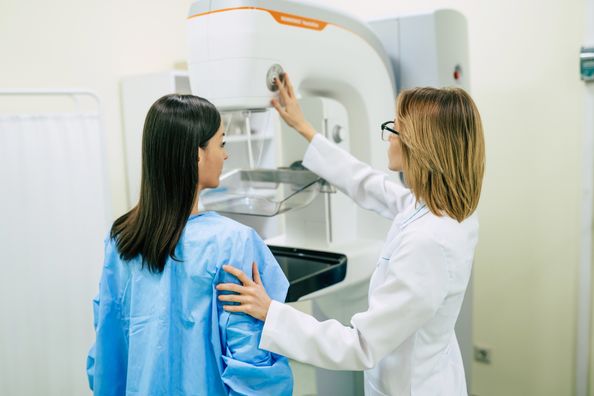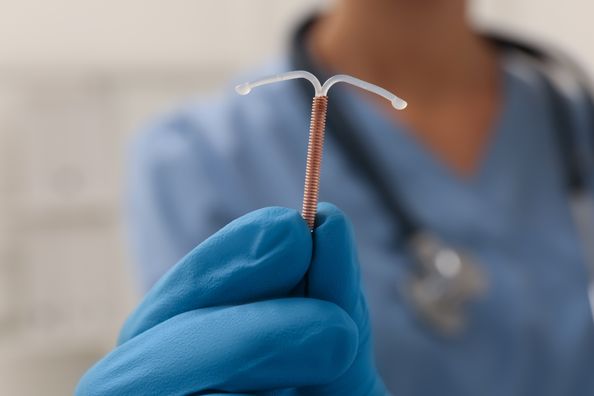Do you work full-time? Are you also a full-time mom? For many women, finding time for personal things you need to do can be difficult. And whether you like it or not, visiting the doctor for your yearly exam may be something that gets pushed to the side when you are short on time. However, your yearly exam is important. Through regular health screenings, your physician can identify problems at an early stage when they are most treatable. A physician performing a physical exam can find things you don’t or can’t notice yourself. So make an appointment, and get checked regularly!
Here are 7 of the most important health screenings that should be performed on a regular basis:
Blood Pressure
Hypertension is often referred to as the silent killer, meaning there are no identifiable symptoms until it’s too late and you have a sudden heart attack or stroke. High blood pressure can only be identified through a blood pressure check. A normal blood pressure should be between 120⁄80 — 135⁄85
Cholesterol
Get your cholesterol checked to determine if you need to change your eating habits which can reduce your risk for heart disease. This is a simple blood draw.
Breast Exam
A clinical breast exam is done by a physician using their fingers to check for lumps. While you should also do this test at home, a physician is trained to find lumps that you might miss. If you find something suspicious you should talk to your physician.
Pap Smear
A pap smear involves taking a swab sample from the cervix, which is sent for lab testing to identify any abnormalities. Your physician will place a speculum inside your vagina to hold it open while he/she takes a sample. This might be a little uncomfortable, but this test can identify cell changes that might lead to cervical cancer early and save lives.
Mammogram
It is current standard practice that starting at age 40, every woman should have a yearly screening mammogram to detect early signs of breast cancer. The procedure involves applying slight pressure to the breasts while taking an X‑ray.
Blood Glucose
A blood glucose test checks for signs of diabetes or pre-diabetes, and women should start checking their blood glucose level at age 45 or earlier if you have symptoms of diabetes or risk factors such as family history or obesity. This is based on the assessment and advice of your doctor. All the more important to have this discussion with your doctor each year at your annual appointment.
Bone Density (DEXA)
Women should be screened for signs of osteoporosis with a bone density test starting at age 65, or earlier if they have a slight frame, history of bone fractures, thyroid disease, family history or other risk factors. The test, called a DEXA, involves lying on a table while a machine takes X‑rays of certain bones in your body. Bones are given a T‑score, which describes bone density, and a score of ‑1 or higher indicates that they are healthy. Don’t put this test off! Osteoporosis is another disease with no obvious signs until it’s too late and you suffer from a fracture.
At DMG, we know that when it comes to balancing family, work and errands, life can get busy. That’s why we’ve designed our herDMG appointments to be an all-in-one visit for women including a physical/well-woman exam, blood work and screening mammogram.
To schedule a herDMG appointment call 1 – 888-MY-DMG-DR.
Health Topics:







